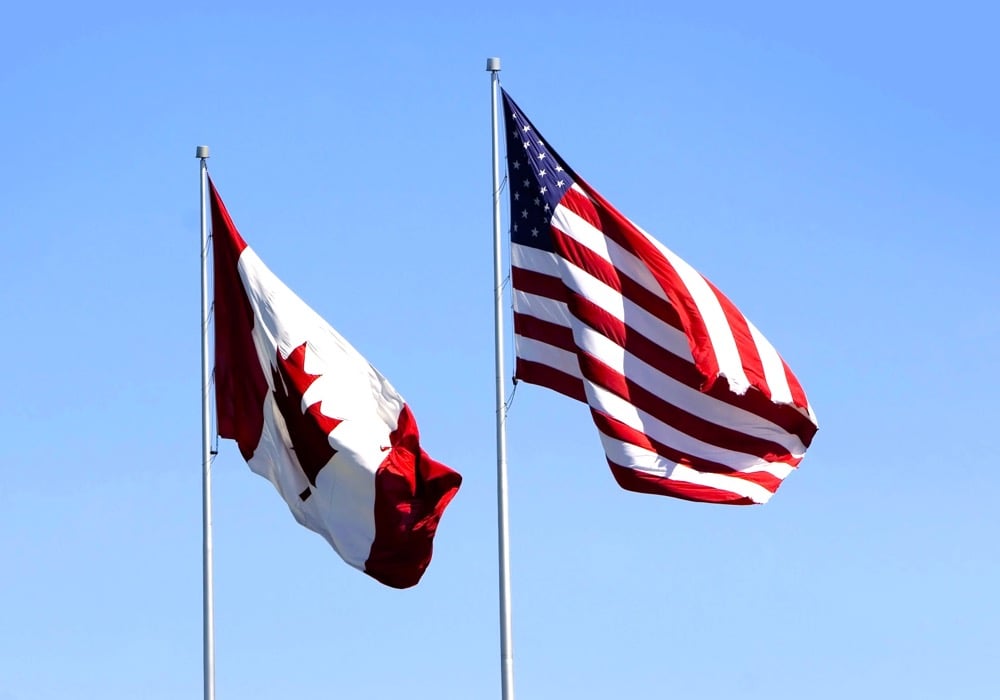PARIS, March 25 (Reuters) – Rapeseed crops in western Europe are emerging from winter in reasonable condition, easing concerns that a mild autumn and a ban on common pesticides would lead to widespread damage, analysts said on Wednesday.
This year’s European Union rapeseed harvest should be smaller than a record 2014 crop, but yields and output were still on course to surpass the average of recent years.
The EU’s crop monitoring service on Monday forecast an average rapeseed yield of 58 bushels an acre, 9.4 percent below last year’s level but 3.7 percent above the five-year average.
Read Also

Canadian trade data delayed by U.S. government shutdown
Canadian international trade data for September will be delayed indefinitely due to the ongoing partial shutdown of the United States government, Statistics Canada said Friday, Oct. 24.
The European Commission, meanwhile, in its initial harvest outlook this month forecast rapeseed production at 21.1 million tonnes, down 12 percent from last year’s record 24.1 million but 4.3 percent above the five-year mean.
“Rapeseed yields in the EU should be pretty good if weather conditions remain favourable,” Antoine Liagre of consultancy ODA said.
Analysts had cautioned that insect predation in Britain and Germany and mild weather in autumn and early winter would leave rapeseed vulnerable to frost and further cut a sown area that was already down on the previous year.
Some observers also warned the EU’s withdrawal of certain neonicotinoid pesticides, widely used to treat rapeseed and blamed for contributing to a sharp decline in bee numbers, would harm crop prospects, notably in top producer Germany.
“The neonicotinoid ban has caused problems but is not the reason for the drop in yields,” one German analyst said. “The rapeseed crop will reach a good average level but you cannot expect last year’s bumper result to be repeated every year.”
The association of German farm cooperatives forecast the country’s 2015 winter rapeseed crop will fall 16.6 percent from last year to 5.20 million tonnes.
In France, rapeseed had benefited from a moderate winter and drier conditions this month after a damp February.
“Crops got through winter without major problems given the absence of severe frosts,” Fabien Lagarde of oilseed technical institute Cetiom said.
“Zones that were affected by excess rain are seeing conditions improve with the drier weather.”
In the UK, rapeseed conditions were satisfactory.
“We’ve had quite a normal winter in terms of rainfall and temperatures with no extremes,” said analyst Susan Twining of crop consultants ADAS.
“We’re not expecting cabbage stem flea beetle damage to cause any widespread yield losses.”
The EU pesticide restrictions had raised concerns about damage from both cabbage stem flea beetles and peach potato aphids, and Twining said the latter would still have to be monitored.














